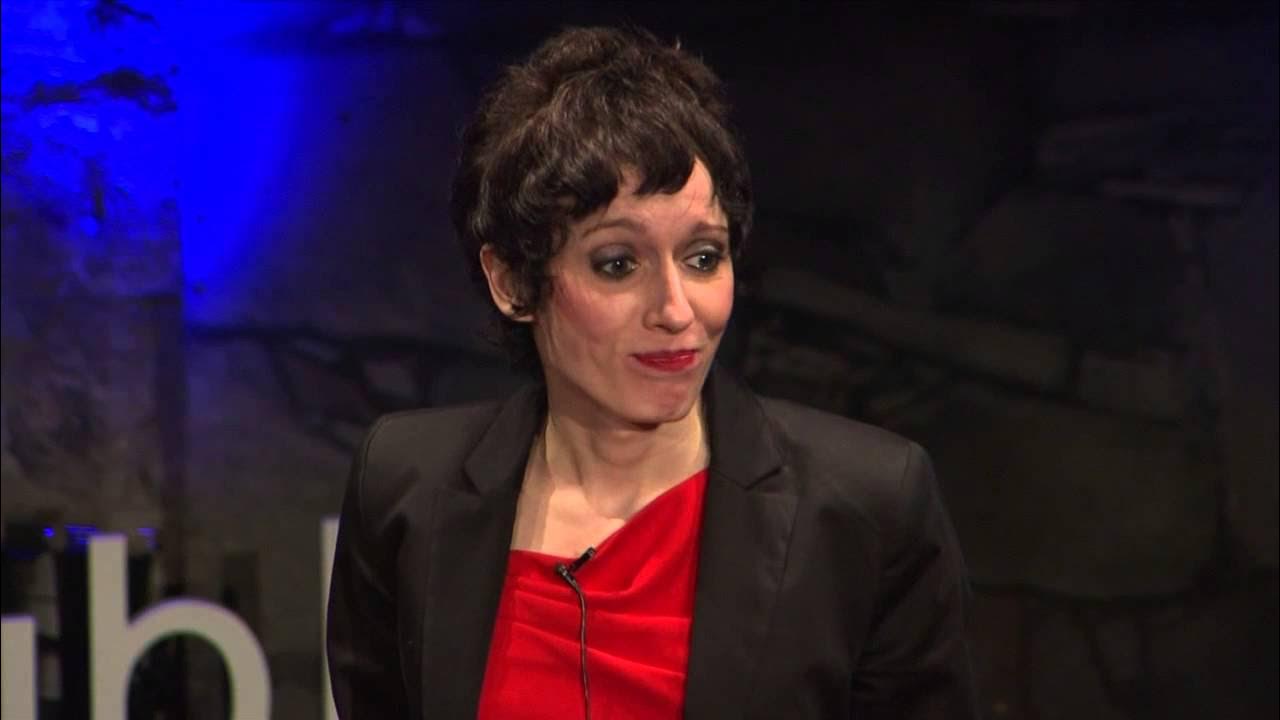Think Outside the Box - The New Funeral Dynamic | Daniel Flynn | TEDxStLouis
Summary
TLDRIn this thought-provoking talk, a licensed funeral director shares insights from their extensive experience, highlighting the outdated practices of the funeral industry and advocating for a more personalized and eco-friendly approach to death care. The speaker explores alternative options like home funerals, green burials, water cremation, and human composting, emphasizing the importance of family involvement and reclaiming control over final arrangements. With a call for greater awareness and individual choice, the speaker challenges societal norms, encouraging people to rethink how we handle death and embrace more meaningful, compassionate practices.
Takeaways
- 😀 The funeral industry has evolved significantly over the last century, with major shifts starting after the 1918 Spanish Flu epidemic.
- 😀 Traditional funeral practices have become highly commercialized, with many services like embalming and caskets being sold as essential, though they're not legally required.
- 😀 Embalming, introduced during the Civil War, became popular after the assassination of Abraham Lincoln, though it is not a legal requirement.
- 😀 Funerals today are often about selling products, not truly caring for the deceased, and the funeral industry has been criticized for its profit-driven motives.
- 😀 There are alternative, eco-friendly options for handling death, including green burials, water cremation, and human composting, all of which are gaining popularity.
- 😀 Home funerals, where families care for their loved ones at home before burial or cremation, are legal in all 50 states and are a growing trend.
- 😀 Societal attitudes toward death have shifted, especially during the COVID-19 pandemic, leading to greater openness about different funeral options.
- 😀 Cremation has become the preferred method of disposition in America, surpassing burial for the first time in 2017, with over 60% of Americans choosing cremation.
- 😀 Children can be involved in death rituals, and allowing them to participate in family funerals can help reduce their fear of death and promote understanding.
- 😀 Individuals should have the right to choose their end-of-life preferences, and family members should be empowered to take control of funeral arrangements instead of relying on the funeral industry.
Q & A
What led to the creation of the modern funeral industry?
-The modern funeral industry emerged after the Spanish Flu in 1918, which caused widespread death and made it impossible for families to manage the large-scale death toll on their own. This led to the professionalization of funeral services.
How has the funeral industry evolved since its inception?
-Initially, funerals were handled by families and communities, but the rise of the funeral industry turned death care into a for-profit business. Over time, the industry began selling embalming services, caskets, and other products, often using misleading sales tactics to persuade families.
What is embalming, and why is it controversial?
-Embalming is the process of draining blood from a deceased body and replacing it with chemicals to preserve it. It was developed during the Civil War and became widespread after President Lincoln's assassination. It's controversial because it's not legally required and involves toxic chemicals.
Is embalming required by law?
-No, embalming is not required by law for burial or viewing. It's often presented as a necessity, but it's not legally mandated, and many families can opt not to embalm their loved ones.
What is the speaker's opinion on the funeral industry?
-The speaker is critical of the funeral industry, especially its commercialization and misleading practices. He believes the industry focuses more on selling products than on caring for the deceased and their families.
How do home funerals differ from traditional funerals?
-Home funerals allow families to care for the body themselves, often keeping it at home for a few days before burial or cremation. This contrasts with traditional funerals, where funeral homes typically take control of the body and the services.
What benefits do home funerals offer, according to the speaker?
-Home funerals provide families with a more personal and involved way to grieve. They allow for children to participate in death rituals, which can reduce fear of death, and they offer a more intimate and natural grieving process.
What are green burials, and why are they gaining popularity?
-Green burials are environmentally friendly funeral options that avoid embalming, metal caskets, and concrete vaults. Bodies are typically wrapped in a shroud or placed in a simple wooden box. They are becoming more popular as people seek eco-friendly burial methods.
What is alkaline hydrolysis, and how does it work?
-Alkaline hydrolysis, also known as water cremation, is a process in which a body is placed in a stainless steel vessel filled with warm water and alkaline chemicals. This accelerates the natural breakdown of tissue, offering an environmentally friendly alternative to traditional cremation.
What is human composting, and what are its benefits?
-Human composting is an eco-friendly burial method in which the body is placed in a vessel with organic material, such as wood chips and straw, to accelerate decomposition. It takes about 8-12 weeks and turns the body into nutrient-rich soil, helping return the body to nature.
Outlines

This section is available to paid users only. Please upgrade to access this part.
Upgrade NowMindmap

This section is available to paid users only. Please upgrade to access this part.
Upgrade NowKeywords

This section is available to paid users only. Please upgrade to access this part.
Upgrade NowHighlights

This section is available to paid users only. Please upgrade to access this part.
Upgrade NowTranscripts

This section is available to paid users only. Please upgrade to access this part.
Upgrade NowBrowse More Related Video

A burial practice that nourishes the planet | Caitlin Doughty

Understanding Islamic Funeral Rituals

Hypocritical oaths -- medicine's dirty secrets | Charlotte Blease | TEDxFulbrightDublin

Let's Talk About Death | Rochelle Martin | TEDxKingStWomen

Education Reimagined: Student-led Learning | Dr. Catlin Tucker | TEDxFolsom

Aux Funeral
5.0 / 5 (0 votes)